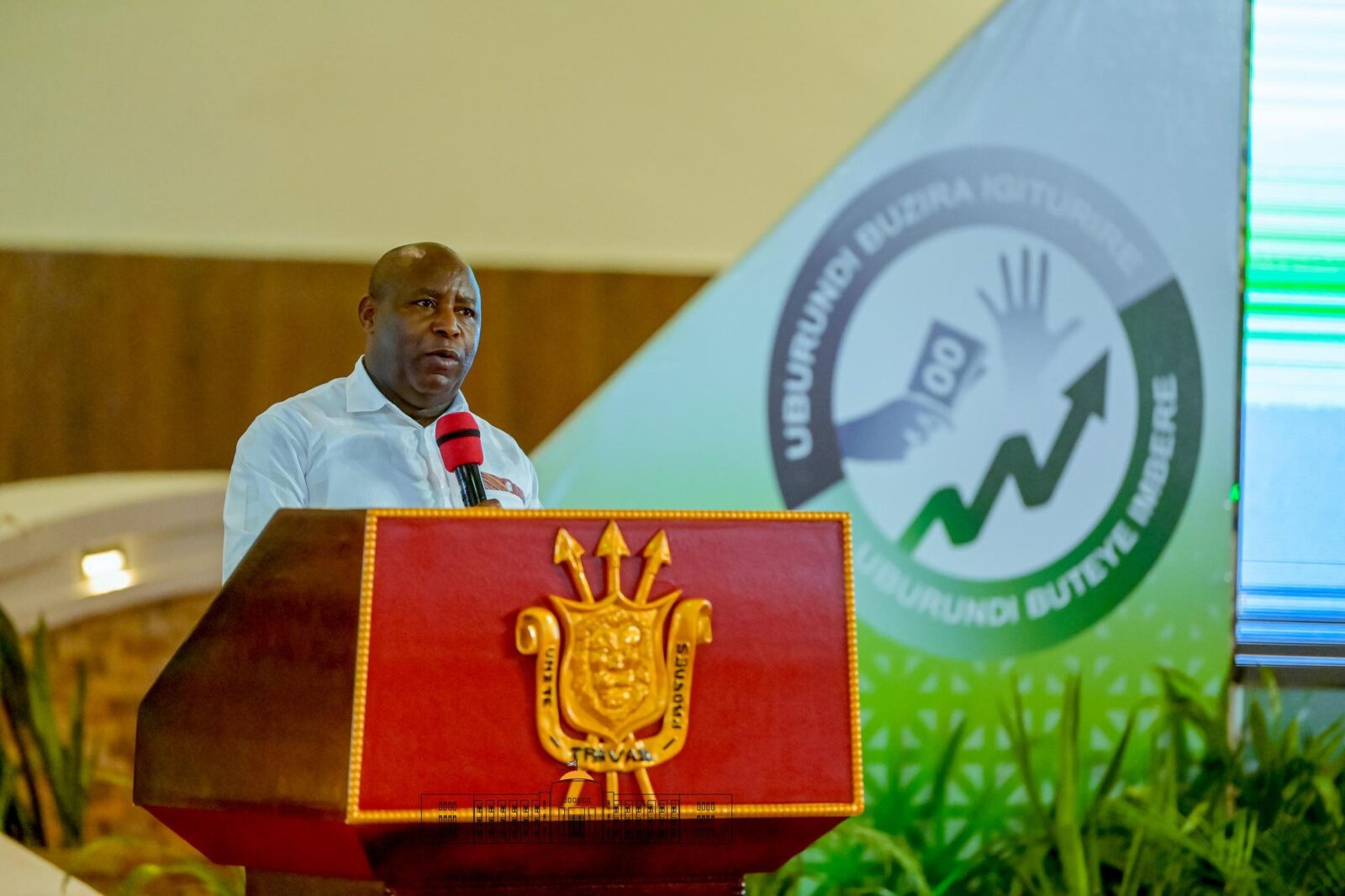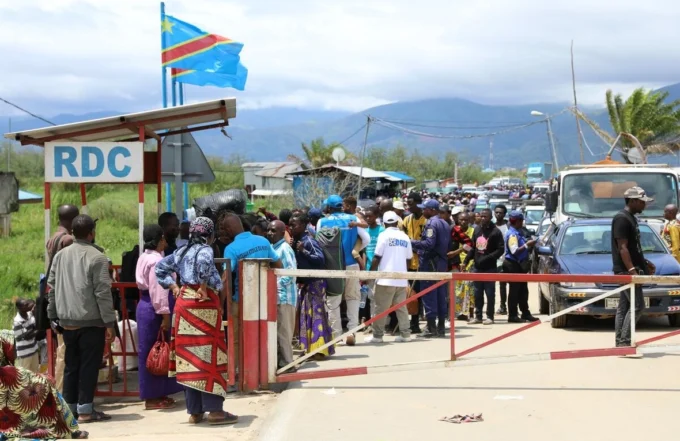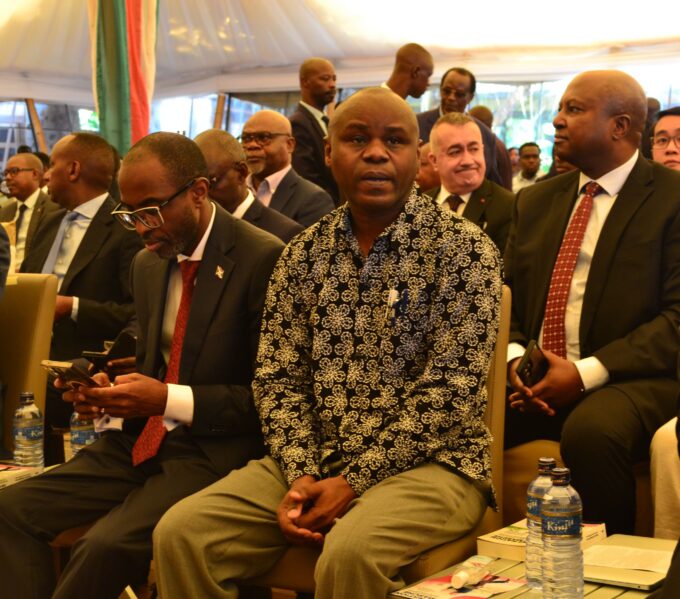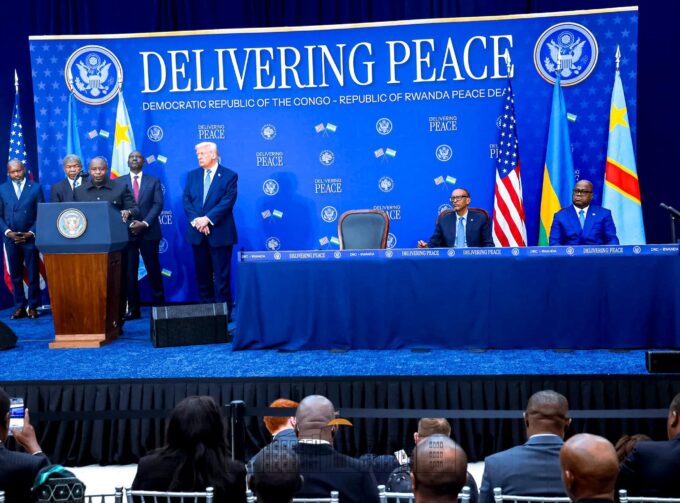Burundi’s President Evariste Ndayishimiye has raised alarming concerns over the disappearance of millions of liters of fuel, casting doubt on the integrity of the fuel supply system. Speaking during a two-day anti-corruption retreat at the presidential palace in Kiriri on Friday, Ndayishimiye revealed troubling findings regarding SOPEBU, the public company tasked with importing, storing, and distributing petroleum products in the country.
“Let me be clear,” Ndayishimiye said, “Experts will tell you that the fuel imported since November should have given us enough reserves to last the next four months. So, where is it?” His remarks came after the president discreetly initiated efforts to digitalize the fuel management system, a move aimed at modernizing the sector and tracking fuel distribution through the “Igitoro Pass V 1.0” application, introduced in September 2024.
Despite his efforts to remain low-key, the president grew suspicious when it appeared that the expected fuel reserves were nowhere to be found. “I acted quietly to ensure no one realized that I was digitalizing the fuel management system,” he explained. “Once the system was in place, I got busy with other activities, as if everything was settled. But that would be like opening the door wide for thieves.”
The mystery deepened when Ndayishimiye called on the State General Inspectorate to investigate the missing fuel. The results, he revealed, were shocking. “What they showed me was disturbing. We will reveal everything soon,” he said, hinting at an upcoming exposé on the corruption and misuse of fuel resources. The president suggested that the wealthiest Burundians were hoarding fuel, just as they stockpile foreign currency.
Ndayishimiye implicated SOPEBU, saying: “Every gas station is registered, and no station can receive fuel without using the application. So, where does the fuel go? To SOPEBU.” He alleged that the company was involved in fuel smuggling, bypassing the Igitoro Pass system, and implicated influential elites in the scandal. ‘Imagine these people [SOPEBU employees]—have they worked for at least a year? Yet you see them on the streets in suits and ties, giving the impression that they are honest people… But in reality, they’re wolves in sheep’s clothing.'”
The president revealed preliminary figures showing that SOPEBU was responsible for the loss of 19 million liters of diesel and 12 million liters of gasoline. The scandal comes as a significant blow to SOPEBU, which was established in February 2024 to solve the country’s recurring fuel shortages by centralizing imports and ensuring fair distribution.
Since its launch, however, SOPEBU has struggled to meet its mandate, deepening an already critical fuel crisis that has gripped Burundi since 2023. The shortages have wreaked havoc on the economy, particularly in the transportation sector, where commuters face skyrocketing fares and operational halts.
The fuel crisis stems from a combination of challenges, including a shortage of foreign currency, declining export revenues, limited foreign investment, and lingering instability from the 2015 political crisis. Despite government efforts to clamp down on fuel smuggling, such as the recent seizure of 1,400 liters of illicit fuel in Ngarama, the situation remains dire.
During the retreat, which brought together key stakeholders from the government, civil society, religious groups, and public institutions, President Ndayishimiye reiterated the importance of a united front in the fight against corruption. “We all need to work together,” he urged. “If someone refuses to join this battle, then we must say, ‘You are protecting corruption.’”








Leave a comment